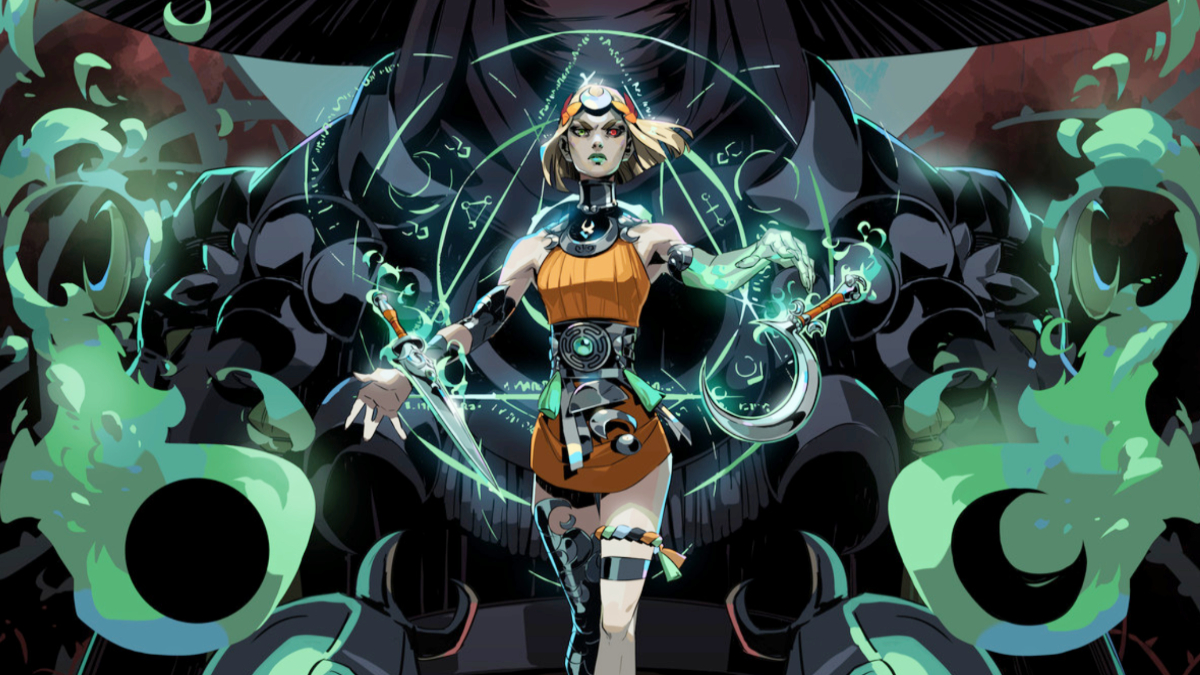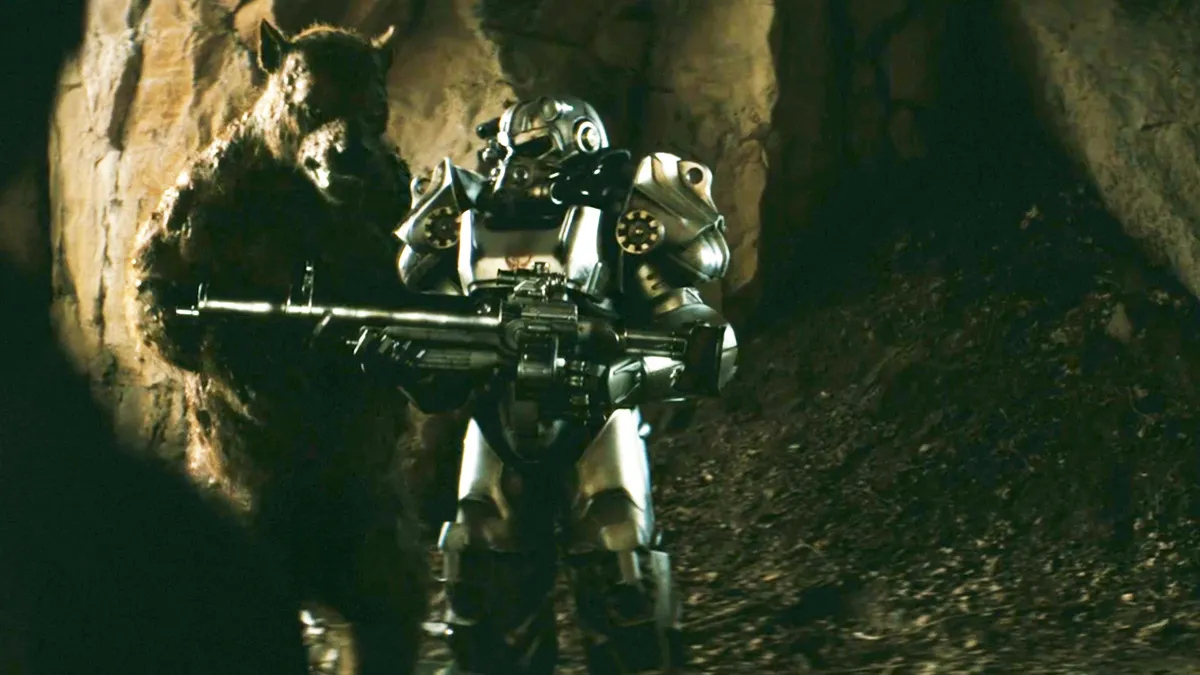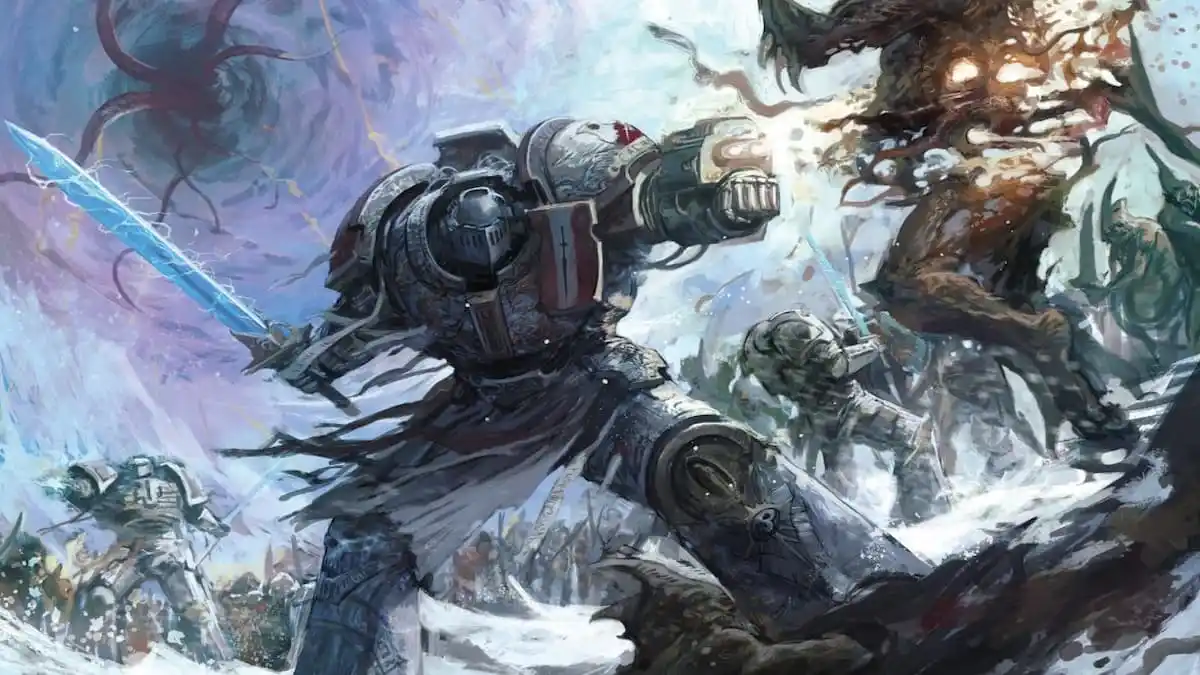
The overload of sequels and spinoffs Rock Band and Guitar Hero received during their period as a gaming phenomenon were one of the biggest factors in both series’ rapid decline in popularity. When Harmonix chose to create Rock Band 4 five years after the last main entry, they took that mistake to heart, as they established that they would continue to expand upon the core game through updates and DLC rather than oversaturate the series again.
As a result of this, we now have Rock Band Rivals, a first for the series in that it’s neither a full-fledged sequel or an independent spinoff, but rather the franchise’s first downloadable expansion pack. The game’s subtitle is a fair representation of perhaps its most noteworthy new feature, a new approach to multiplayer that holds potential for expanding its replay value and promoting teamwork even before long-awaited online play drops at the end of the year.
Those who prefer to go it alone aren’t left completely in the dark, though, as the new Rockudrama mode provides a new take on the series’ traditional campaign. This aspect isn’t quite enough to justify the expansion’s $30 price tag on its own, but fans interested in the long-term features of the titular Rivals mode will want to give it a look.
It’s worth noting that, unlike conventional Rock Band spinoffs, Rivals does not include any new songs built into the overall package. Harmonix cited not wanting to prevent those uninterested in the pack from being locked out of potential favorite tracks as the reason, so you should either have a decently sized library of DLC or be fine with replaying Rock Band 4‘s existing tracks if you want to give Rivals a go.
Rockudrama offers the series’ most narrative-driven experience yet, allowing you to create a band of custom characters (or use ones made for the original game’s Tour mode) and play through several sets of 3 songs, some allowing you to hand pick tracks and others letting you pick from a handful of randomly chosen ones. The framing device for the narrative is the fictional VH1-esque show Beneath the Tuneage, which chronicles your band’s humble beginnings, their rise and fall from fame, and a final attempt to regain prominence.

Band members still remain mute, with dialog being provided by the show’s narrator and numerous side characters portrayed via live-action cutscenes. It’s actually possible to influence portions of these via your in-game performance, such as a band member being praised if they play better than the others, or having the narrator comment between failed songs that the band could still regain their footing with subsequent performances.
Still, barring the ultimate outcome of the band (you can even have the campaign end prematurely if you perform particularly poorly), your actions don’t have as much of a notable impact as one would hope. Even if you get nothing but 5-star scores all the way through like I did, big setbacks still happen. I never thought I’d leverage the most common criticism of Telltale’s adventure games against Rock Band, but Rockudrama made that possible.
It doesn’t help that the campaign’s writing relies so heavily on goofy scenarios and over-the-top dialog that it often crosses the line between humorously silly and simply unfunny. For every thing that got a chuckle out of me, like the first performance being attended by a single, overly enthusiastic guy whooping at you between songs, there was an eye-rolling moment to counter it, like the fall from grace involving mass diarrhea. It also feels like a missed opportunity to never have the actual protagonists say a word. Granted, it probably cost Harmonix less to record live action actors talking than it would to voice and animate character models, but the band’s silence is more jarring than before, thanks to how much dialog the campaign now contains.
Thankfully, the cutscenes are too brief to really get on your nerves, and the main gameplay gimmick, which involves earning a numbered amount of fame via good performances and placing pre-show bets on how many stars you can earn, is a decent change of pace. It gets especially interesting when some shows offer additional risk-reward features, such as playing songs in the challenging Brutal Mode added via an earlier patch. And for all the narrative stumbles, it’s still satisfying to get the best possible outcomes for most shows and the campaign in general, and hear people talking about how influential and iconic your band came to be. Rock Band is famous for fulfilling inner rockstar fantasies, and the best parts of Rockudrama’s narrative enhance that.
Though the campaign’s the flashier of the new components, I’d say the titular Rivals mode holds more interesting ideas and long-term potential. When first accessed, players can either join or set up a virtual crew of up to 10 players, and strive to play well enough over time to be promoted after a weekly challenge. This isn’t done through simultaneous cooperative play, but instead automatically tallied via each crew member’s song playthroughs and a new in-game XP meter that fills up between tracks. The ever-changing challenges also prioritize a specific set of songs that boost your place in the leaderboards even higher.

Rivals mode does practically nothing in terms of how you actually play Rock Band 4, but it’s a nice way of increasing the game’s replay value outside of the traditional song DLC Harmonix continues to produce. As a longtime fan of the series, it reminded me of the ever-changing Battle of the Bands feature exclusive to Rock Band 2, but with a greater emphasis on collaboration. While I didn’t get the impression that climbing the ranks will unlock any new features or items in the core game, I still feel more motivated to frequently play as a result of its addition.
It’s worth noting that, while the mode’s menu and a free companion app released alongside the expansion allow you to browse and reach out to potential crew members, I’ve found it mostly unhelpful. Maybe it’s just a bug, but it seems impossible to search for potential friends based on instrument skill (which is automatically tallied by the game based on your performance on each of the four instruments over time). I’ve made a crew with 3 members, but we’re in desperate need of good drummers or vocalists, and despite Harmonix including options to filter by what I assume is someone’s favorite instrument, it hasn’t helped at all.
While Rock Band 4‘s character customization generally remains more limited than previous entries (there’s still no option to change a character’s height or weight), Rockudrama offers a few snazzy clothing and hair unlockables, but the biggest cosmetic upgrade I found it provided was, of all things, the environments. Rock Band 4‘s randomly picked venues felt lacking in personality and distinct elements, but most of the six new stages that feature in the campaign and can be unlocked for quickplay are a big step up in both regards. Now I just hope Harmonix eventually brings back the manual stage selection that’s been missing since Rock Band 3.
It’s worth noting that, while not exclusive to Rivals, Harmonix provided all Rock Band 4 players with a software update on the expansion’s launch day, with the most obvious addition being a revamp of the interface and menus. While I had few issues with the original look, the simplified and blue-tinted style that’s replaced it is more visually appealing overall. The options for browsing your song library have also seen some great additions, allowing you to filter songs by numerous criteria and once again personally rate them on a 1 to 5 scale, so you can access your favorites faster.
Rock Band Rivals is not a home run of an expansion, since Rockudrama is mostly fluff and the core gameplay and track list of Rock Band 4 aren’t expanded upon. Still, Rivals mode has so far succeeded at enriching the game’s overall experience for me, which I honestly didn’t expect. Harmonix has also promised to deliver other gameplay additions to Rivals owners through future updates, including online multiplayer this winter.
Overall, Rivals helps Rock Band 4 feel like a more fleshed-out product after many complained about its slight nature at launch, and I’m eager to continue to mess with its more long-term features and see what else Harmonix has planned for us over the next little while.
This review is based on the Xbox One version of the game.






